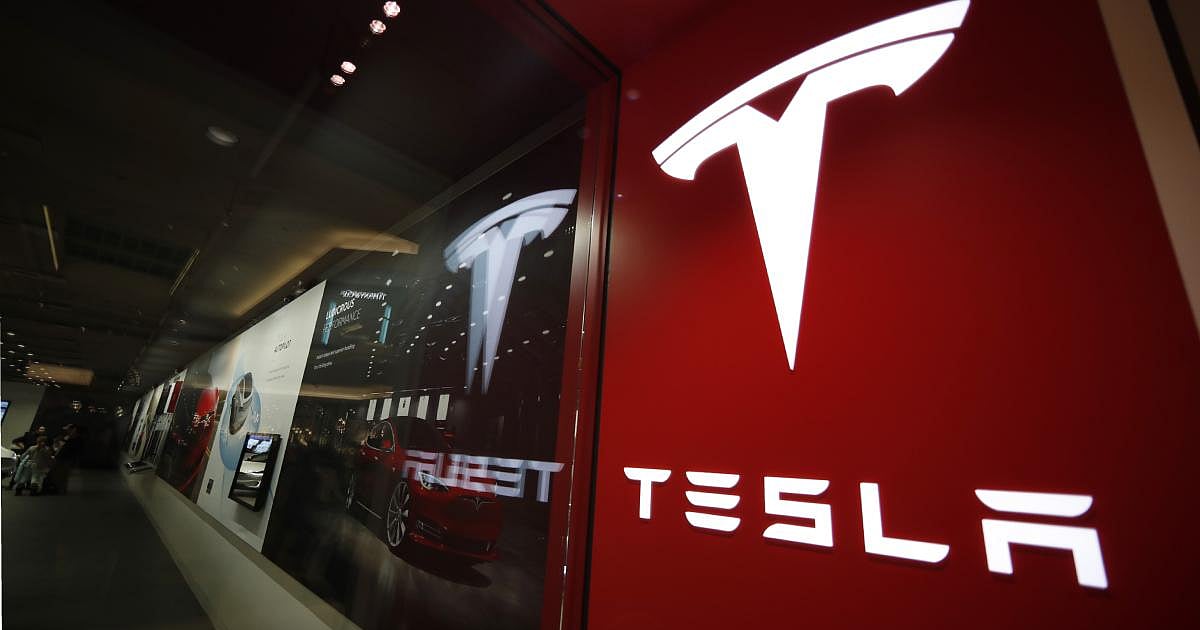The electric vehicle (EV) ecosystem in the country faces many challenges, and Elon Musk’s Tesla investment (or not) in India is the least of the worries. Yes, Tesla is a big EV player, and its presence in the domestic market can have a positive rub-off effect. However, excessive focus on its entry into India is taking the debate away from many other significant matters. The EV passenger vehicles market share in India is 2.4 percent, and it needs not just subsidy but a substantial push in EV infrastructure to even think of achieving a market share of around 9 percent, similar to the current EV market share in the United States. The domestic e-vehicle market received the necessary support initially, and rightly so, from the government through subsidies. Some of the subsidies are still there, albeit in a water-down version. Fiscal support from the government cannot run forever, and the market has to develop on its own—after the government’s early heavy lifting.
The more significant challenge for the industry is the infrastructure supporting the adoption and proliferation of EVs nationwide. It should not just be an urban phenomenon. The charging infrastructure has to spread fast enough. The industry has to find the best possible solution—charging stations, battery swapping, or a combination of both. The demand for batteries has already increased sharply, though the ample supply of batteries remains a concern. India has traditionally been an importer of energy sources to drive its auto industry, so can it rely on mass imports of batteries in the future? It has to secure a domestic supply chain of batteries. The government’s Production Linked Incentive scheme for battery manufacturers has provided the necessary support. However, the country needs to manufacture these cells cost-effectively to ensure it does not rely on China, like in so many other sectors, for the supply of batteries.
Tesla is merely a marquee brand whose success in India itself is a big question mark, given the price points of its cars. The Indian car market is unique, as European and US car makers have constantly failed to make much headway in India. While American brands can find their way into the Indian market, the country should focus on creating a robust demand for its EVs.


